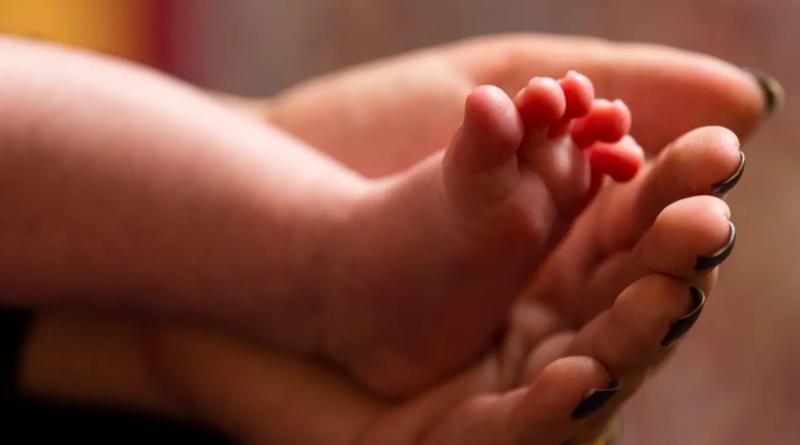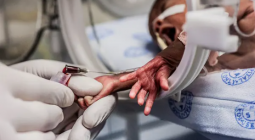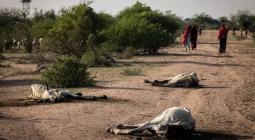Climate crisis increasing risk of premature birth and childhood illness

Climate hazards – including rising temperature, pollution and wildfires – are increasing the risk of pre-term birth.
Rising temperatures around the world as a result of climate change are having a devastating effect on foetuses, babies and infants, studies have found.
Scientists from six different studies determined that climate change is causing – among other adverse outcomes – the increased risk of premature birth, increased hospitalisation of young children and weight gain in babies.
The separate studies have just been published in a special issue of the journal Paediatric and Perinatal Epidemiology.
The journal’s guest editors Professor Gregory Wellenius and Professor Amelia Wesselink from the Boston University School of Public Health said that a growing body of evidence indicates the ways in which extreme heat, hurricanes and wildfire smoke can increase the risk of pre-term birth.
One of the studies found that pre-term births were 16% more likely in areas experiencing heatwaves. Researchers did this by looking at one million pregnant women between 2004 and 2015 in the high temperature region of New South Wales Australia.
Similar findings were observed in a study that assessed the link between ambient heat and spontaneous pre-term birth between 2007-2011 in the hot climate of Harris Country, Texas The day after mothers were exposed to heatwave temperatures, their risk of premature birth was 15%.
Another study in the journal which analysed 200,000 births in Israel found links between high temperature and weight gain during the first year of life. Of the 20% exposed to night-time temperature, 5% had a higher risk of rapid weight gain.
An accompanying study found that as the frequency and intensity of wildfires have increased dramatically over the past two decades in the western US, there had been a 32% rise in a rare condition typically associated with air pollution among pregnant women. Foetal gastroschisis is an abdominal wall defect that is rare, but “increasing in prevalence,” according to Prof Wellenius and Prof Wesselink.
Writing in the special edition of the journal which looked at rising temperatures as well as wildfires and pollution on babies and foetuses, the professors and co-editors said: “The evidence is clear: climate hazards, particularly heat and air pollution, do adversely impact a wide range of reproductive, perinatal and paediatric health outcomes.
“The expected pace of continued climate change and resulting impacts on our physical and mental health and wellbeing calls for decisive and immediate action on adaptation.”
The professors added that the evidence also found that mothers from more marginalised populations are at much higher risk of being exposed to climate hazards, and were also less resilient to the effects of these hazards due to systematic and structural oppression.
They continued: “Our climate has already changed profoundly due to human activity and these changes are broadly harmful to our health, with some communities and individuals affected much more than others. Reproductive justice is ‘…the human right to maintain personal bodily autonomy, have children, not have children, and parent the children we have in safe and sustainable communities’.
“Failure to urgently address the reproductive, perinatal and paediatric health impacts of climate change will perpetuate and worsen reproductive injustices, wherein the most marginalised populations will be deprived of their ability to procreate and safely parent their children.”
cover photo:





